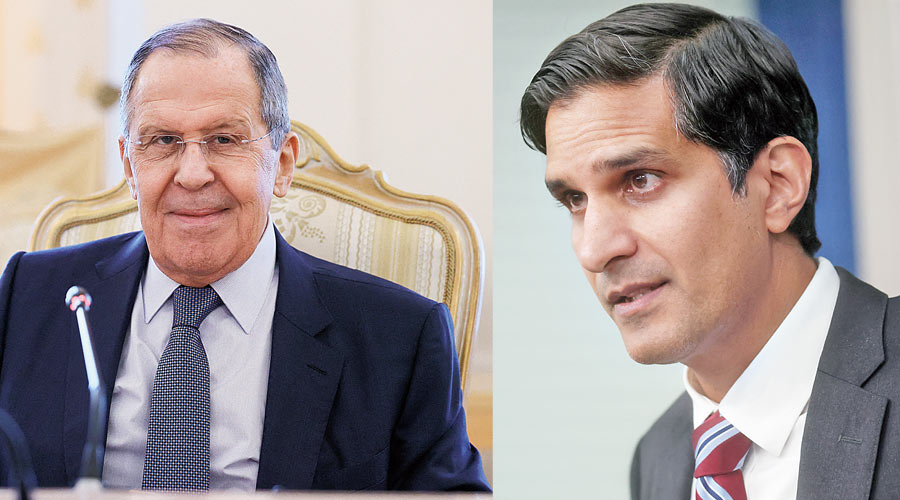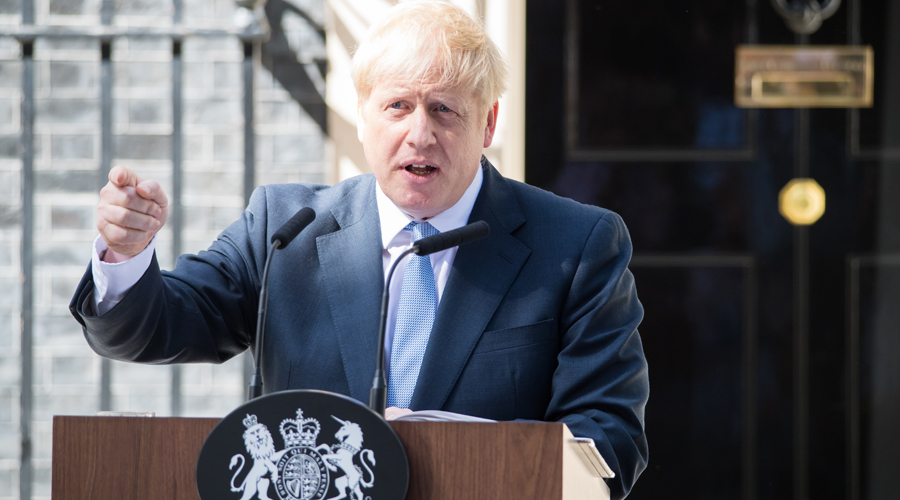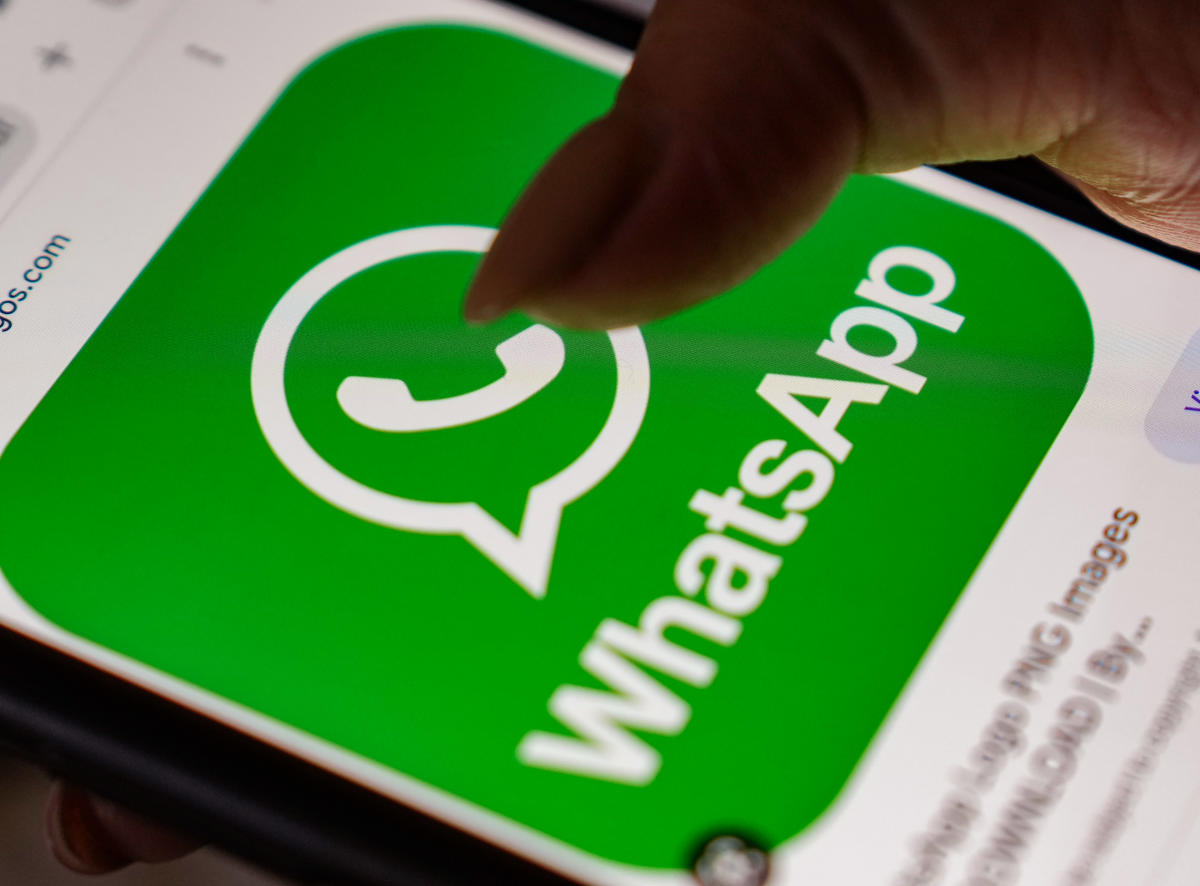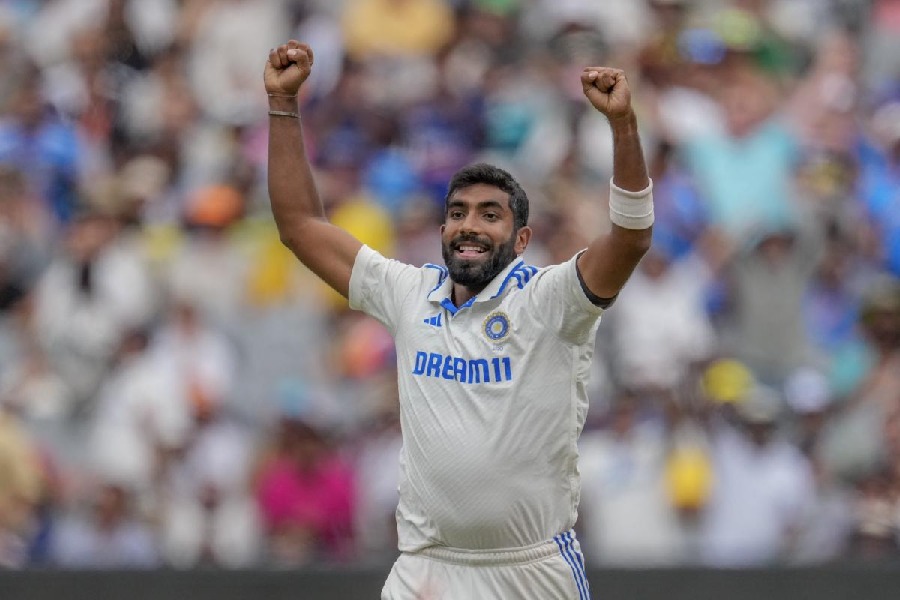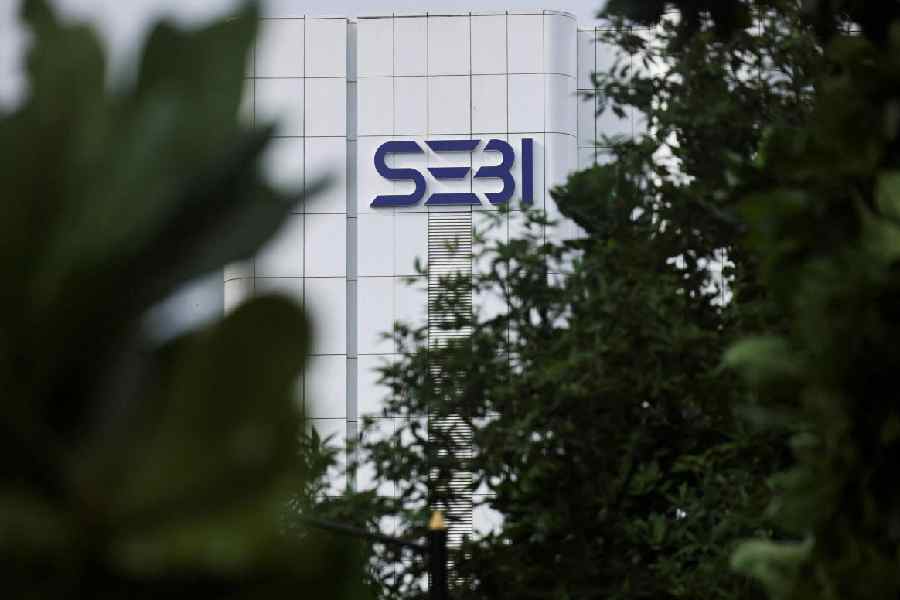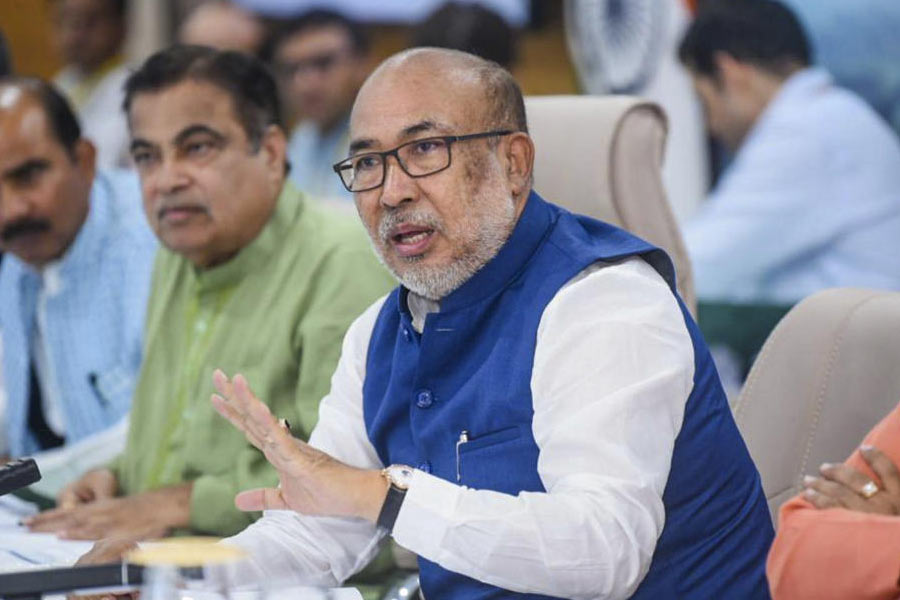Russian foreign minister Sergey Lavrov is scheduled to arrive on Thursday on a two-day India visit while New Delhi juggles with visitors from Moscow-baiting countries, all apparently eager to ensure India does not do business with Russia and help it cushion the impact of sanctions.
The external affairs ministry announced the visit by Lavrov, who is in the region to attend a conference on Afghanistan being hosted by China on Wednesday.
Lavrov’s visit will overlap with that by the US deputy national security adviser for international economics, Daleep Singh, described by The New Yorker as “the Biden official who pierced Putin’s sanction-proof economy”. Singh arrived in Delhi on Wednesday and began parleys with government functionaries.
Singh, who is also the US G20 sherpa, met commerce minister Piyush Goyal, India’s G20 sherpa. The meeting comes days after US President Joe Biden called for removing Russia from the informal grouping of some of the world’s most developed and developing countries.
According to the White House, Singh will be in Delhi the whole of Thursday and will consult his counterparts on the consequences of Russia’s “unjustified war against Ukraine” and the ways to mitigate its impact on the global economy.
With India, China and South Africa refusing to condemn Moscow’s “military operation” against Ukraine, Biden and his western allies cannot drop Russia from the G20 the way the G8 had excluded the country from its meetings in 2014 after Russia’s annexation of Crimea.
This was acknowledged by Jens Plotner, security and foreign policy adviser to the German Chancellor, who met external affairs minister S. Jaishankar and national security adviser Ajit Doval on Wednesday.
Interacting with journalists, Plotner said discussions were on with Indonesia, which holds the G20 presidency this year, and the other member countries.
“I think it is fair to say that for the G7 countries, sitting at the table with President Putin is something difficult to envisage given the circumstances,” Plotner said.
“So, we will need to talk about that with our G20 partners but it is obviously not for us to decide who is in and who is out. It is first and foremost the responsibility of the Indonesian chair and also a collective decision of all 19 other members.”
All G7 countries are in the G20.
Without going into the specifics of what transpired at the meetings, sources said India and Germany had discussed a wide range of bilateral issues and major global developments, including those in their own regions — an indication that Ukraine had come up at the talks.
British foreign secretary Liz Truss is also scheduled to arrive in Delhi on Thursday as part of a diplomatic push by western capitals against Russia. The western world is arguing that as the largest democracy, India needs to stand with the democracies against an autocratic Russia.
While the effort continues at various levels to nudge India away from its stated position, iterated several times since Russia attacked Ukraine on February 24, the external affairs ministry has maintained that there is growing understanding of New Delhi’s nuanced stance.
Asked whether the government expected the matter to come up during President Ram Nath Kovind’s visit to the Netherlands next week, secretary (west) Sanjay Verma said: “It will not be surprising if it is raised, naturally. Our position on Ukraine is clear and there is understanding in our friends in Europe.”
Verma said: “Our position, as nuanced as it may seem to many, it is a distinct position and it has been spelt out over the last four weeks repeatedly and the Rashtrapatiji himself will convey this to the Netherlands side. But we see increasing and broader acceptance of our position.”

